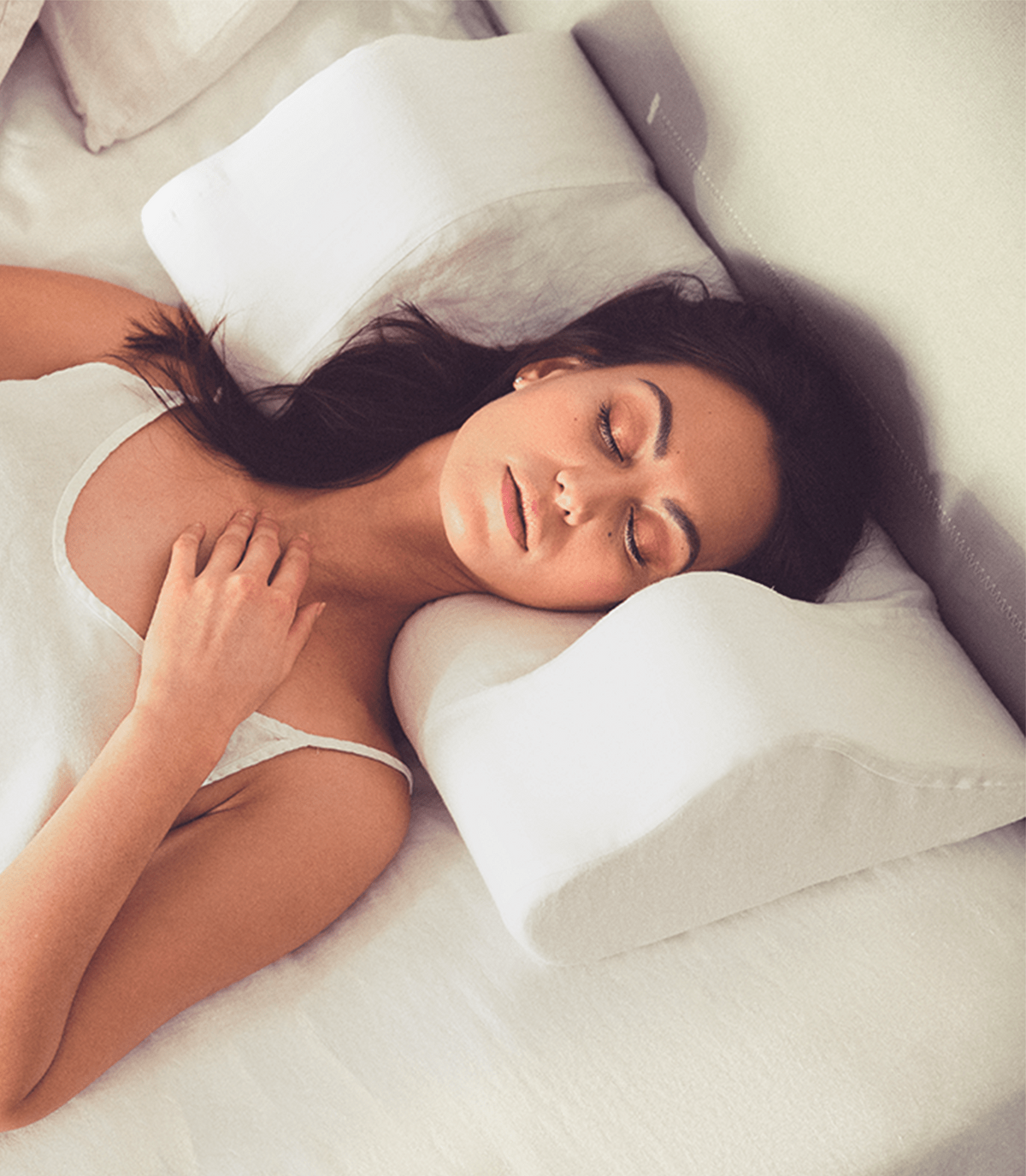When we think about sleep, we often focus on what happens at night. But in reality, your sleep quality starts with what you’re exposed to during the day, especially light.
Light is your body's most powerful signal to regulate its internal clock. From the moment sunlight hits your eyes in the morning, a cascade of biological processes begins. These signals tell your brain when to feel alert, when to wind down, and when it’s time to sleep.
But modern life—indoor lighting, late-night screens, and artificial brightness—can easily override those natural cues.
Let’s take a look at how light impacts your sleep, the role of melatonin, and simple ways to restore your circadian rhythm.
Meet your circadian rhythm
Your body operates on a roughly 24-hour cycle known as the circadian rhythm. This internal clock controls not only your sleep-wake cycle but also hormone production, digestion, and temperature regulation.
This rhythm is governed by a tiny structure in the brain called the suprachiasmatic nucleus (SCN). And its main timekeeper? Light, especially natural sunlight.
In the morning, light signals the brain to
- Boost alertness
- Suppress melatonin (the sleep hormone)
- Increase body temperature and heart rate
- Prepare you for activity and focus
In the evening, as light levels drop, the body begins releasing melatonin, helping you feel drowsy and ready for bed.
The modern problem: too light light by day, too much by night
Many of us live in a kind of light paradox:
- During the day: we're indoors, surrounded by dim artificial light that doesn't provide the full-spectrum brightness our body needs to stay in sync.
- At night: We're often surrounded by bright screens, overhead lighting, and devices that delay melatonin release and signal the brain to "stay awake.'
This imbalance leads to circadian confusion, leaving us alert when we want to feel sleepy, and sluggish when we need to focus.
We’ve become, as Matthew Walker puts it, a “darkness-deprived society.”
The role of melatonin
Melatonin is the hormone that signals the body it’s time to wind down. While it doesn’t directly put you to sleep, it creates the conditions for sleep to happen.
- Melatonin levels rise naturally in response to darkness.
- Exposure to blue light (from phones, laptops, and LED lighting) suppresses melatonin production.
- Artificial lighting in the evening—especially bright, cool-toned light—delays melatonin, shifting your sleep window later.
- Taking melatonin supplements may help in mid-life, when natural levels decline, but overuse can suppress your body’s own production and vary widely in dosage accuracy.
Social jetlag: the life disrupts your rhythm
Many people go to bed and wake early during the workweek, only to shift several hours later on the weekend—what researchers call social jet lag.
This constant back-and-forth strains your body’s natural rhythms. Even a 2–3 hour difference between your weekday and weekend sleep can impact your:
- Sleep onset
- Hormone balance
- Energy levels
- Mood stability
Think of it as flying from Auckland to Perth and back every weekend—without ever leaving your bed.
How to support your body clock
Your circadian rhythm thrives on consistency and light-based cues. Here are small, sustainable ways to get back in sync:
- Get bright light early in the day: Step outside for 10-15 minutes in the morning, open your blinds or sit near a window during breakfast, consider a light therapy lamp if sunlight is limited.
- Dim your environment in the evening: Turn off overhead lights and use warm, low lighting after dinner. Avoid screens at least 2 hours before bed.
- Keep a consistent sleep-wake schedule: Try to wake up at the same time every day, even on weekends, and avoid drastic shifts that confuse your body clock.
Your body is biologically designed to rise with the sun and wind down with the dark. But modern life often pushes us in the opposite direction. With just a few small adjustments—like stepping outside in the morning or dimming lights after dinner, you can gently guide your rhythm back into balance, supporting deeper, more restorative sleep.
Up next in our sleep series:
Are you a night owl or a morning lark? Understanding your chronotype.
Resources for deeper reading:
- Why We Sleep by Matthew Walker (book)
- Matthew Walker’s MasterClass on Sleep
- Walker’s TED Talk: “Sleep is your superpower”
Want more practical tips for better rest?
Explore our Simple Sleep Guide or sign up by finding out your Sleep Chronotope, and receive the full series straight to your inbox.














